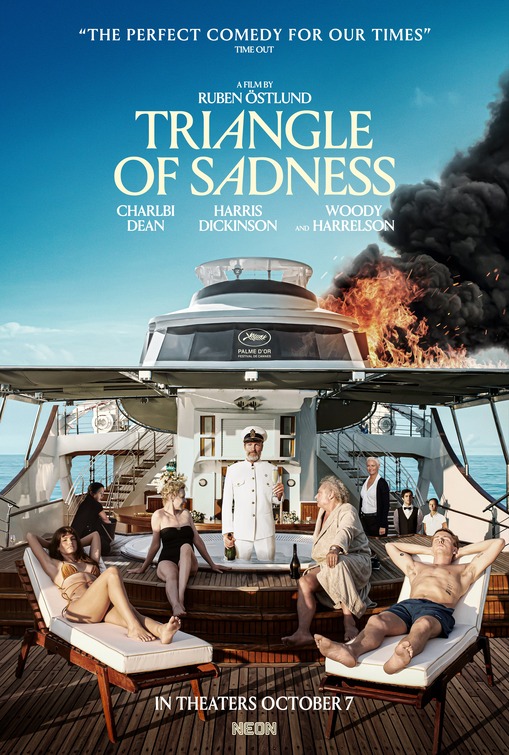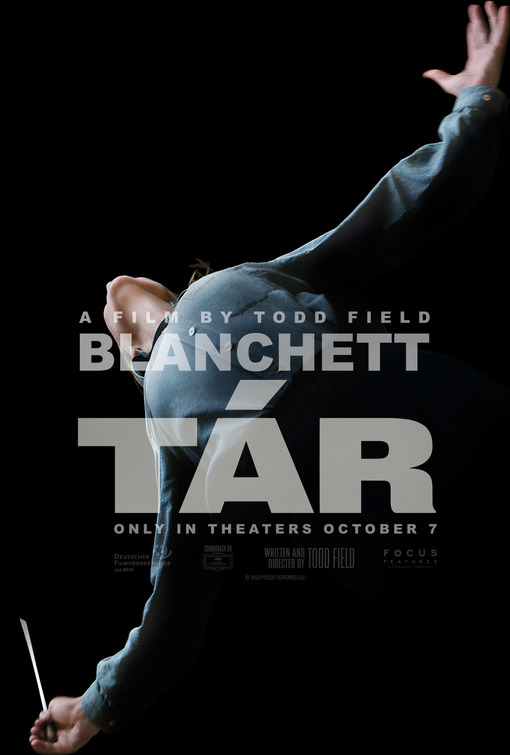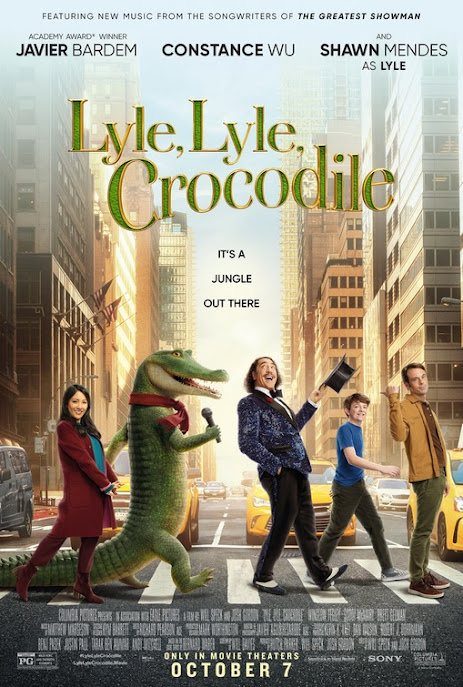Mamie Till (Danielle Deadwyler) was insistent to her son, Emmett Till (Jalyn Hall), that he be careful when going down to visit cousins in Money, Mississippi. She wanted to make him aware of the hardships and brutality they hadn't been exposed to on a day-to-day basis living their existence in Chicago. Even with the knowledge that something awful could happen, though, nothing could've prepared her for what happened when Till and his cousins went to a corner store one day on this trip. Till's interactions with a white woman, Carolyn Bryant (Haley Bennett), would lead to a pair of white men coming in the middle of the night, grabbing Emmett Till, and lynching him. Afterward, his body was so mutilated that some coroners had trouble identifying the body. But Mamie Till knew. Just one touch of the corpse and she knew this was her son.
Till is a movie whose plot is set into motion through violence, but it's also about how the desecration of a human life lasts long after a vicious murder. The second of the screenplay, penned by director Chinonye Chukwu as well as Michael Reilly and Keith Beauchamp, is largely focused on an attempt to get a trial going to exact some kind of justice for Till. In the process, we see warped testimonies that not only offer falsehoods about Emmett Tilly's character, but also further demonstrations of how the American justice system fails Black voices. The fact that this is just as true today as it was in 1955 when Emmett Till was murdered means that Till isn't covering unprecedented territory in modern cinema. But the execution of this material still contains some weight, nonetheless.
Much of that power can be chalked up to Chukwu's filmmaking, which is just as vibrant and insightfully human as it was on Clemency. Her affection for intimate shots that linger on human beings processing devastating information, with vivid facial expressions speaking volumes, returns from her 2019 motion picture. That affinity for quieter depictions of grief is what really sells the emotional undercurrent of Till. A scene of Emmet Till's grandmother, Alma (Whoopi Goldberg), sitting on her bed next to Mamie, solely repeating the words "I told him to go down there" quietly is such a devastating and specific portrayal of coping with the aftermath of the unthinkable. Chukwu and cinematographer Bobby Bukowski framing this moment from afar in an unbroken shot is a terrific visual detail that lets the sorrow of this moment sink in.
Similarly, Till's visual palette makes heavy use of bright and vivid colors, a welcome departure from the often drab color choices of other mid-20th-century period pieces. The walls of a building belonging to the NAACP is coated in bright teal while the home of Mamie Till is packed with hues of pink and yellow. Even down in Mississippi, especially in a town exclusively inhabited by Black individuals, brighter colors populate the screen. Not only does this give Till a memorable look, but it also subtly provides a thoughtful depiction of how and where danger can manifest for marginalized people. Emmett Till isn't just in danger in places coated in a grey color-graded hue added in post-production. Even places featuring a shining blue sky or brightly-colored trucks can be home to danger and violence.
The strong visual sensibilities of Till can't, unfortunately, mitigate some of its weaker elements. Confining this movie to a shorter portion of Mamie and Emmett Till's lives ensures that it doesn't fall into the cradle-to-the-grave problems that plague many biopics, but it still falls prey to some common issues in this genre. More pressingly, Abel Korzeniowski's score often intrudes on the emotions of key scenes. While the camerawork and performances often aim for subtlety, Korzeniowski's compositions make it overtly apparent what we're supposed to be feeling and when. It doesn't help that his work is surprisingly generic-sounding, especially considering his much more distinctive compositions in prior features like A Single Man.
Though not without its shortcomings, Till is another strong drama from director Chinonye Chukwu. Much like her 2019 film Clemency, Till also features a powerhouse lead performance, in this case, a dynamite turn from Danielle Deadwyler. Whether she's reacting to the news of her son's murder through just facial expressions or giving passionate speeches in court, Deadwyler is mesmerizing. Even as Mamie Till becomes more and more involved in activism in the wake of losing Emmett Till, Deadwyler never forgets to convey a tangible sense of humanity in her portrayal of Mamie. It's a stirring performance that, when combined with the smart visual choices of Chukwu, makes Till a much better-than-average American biopic.









